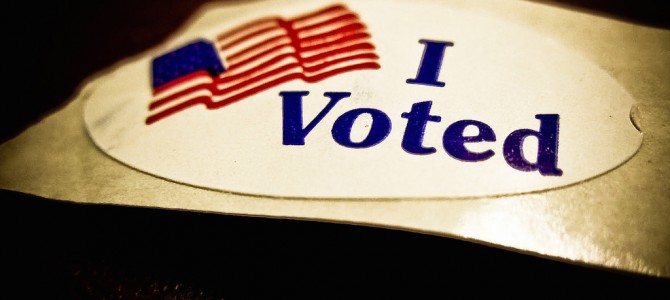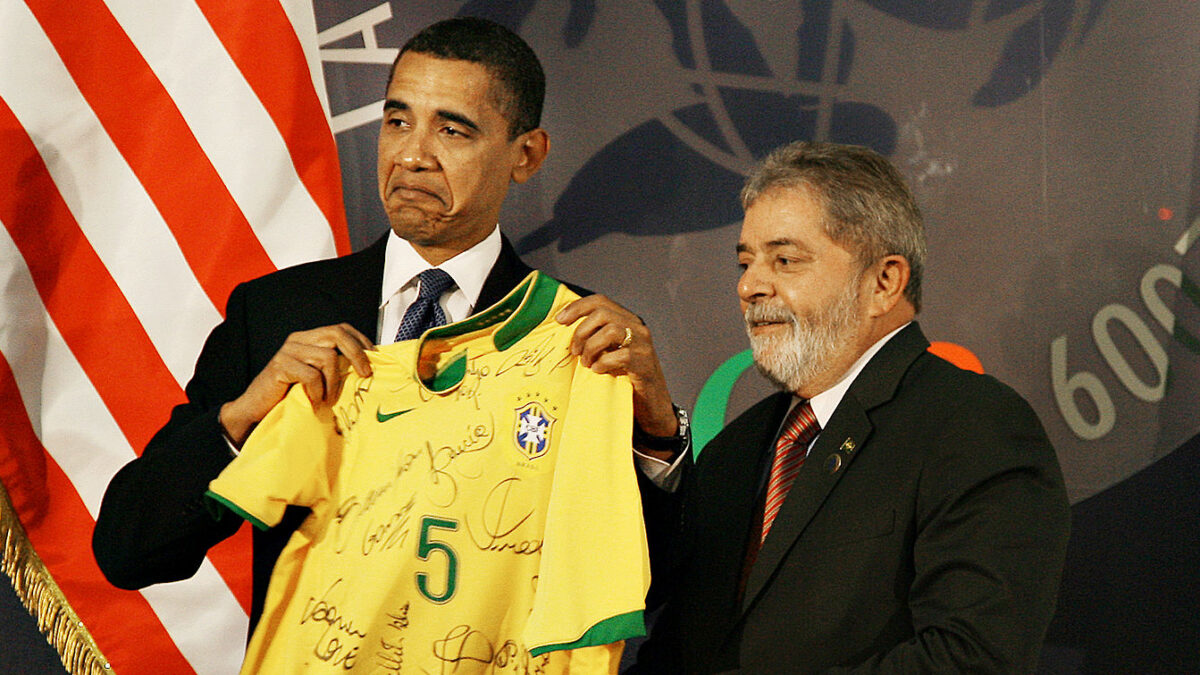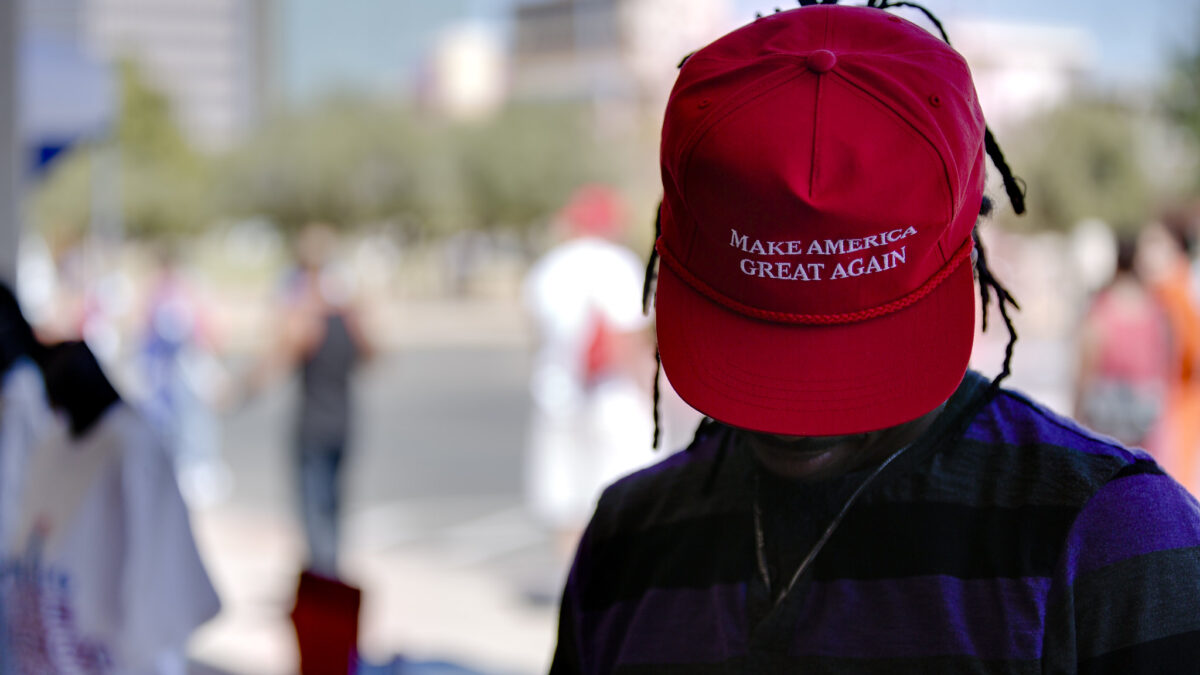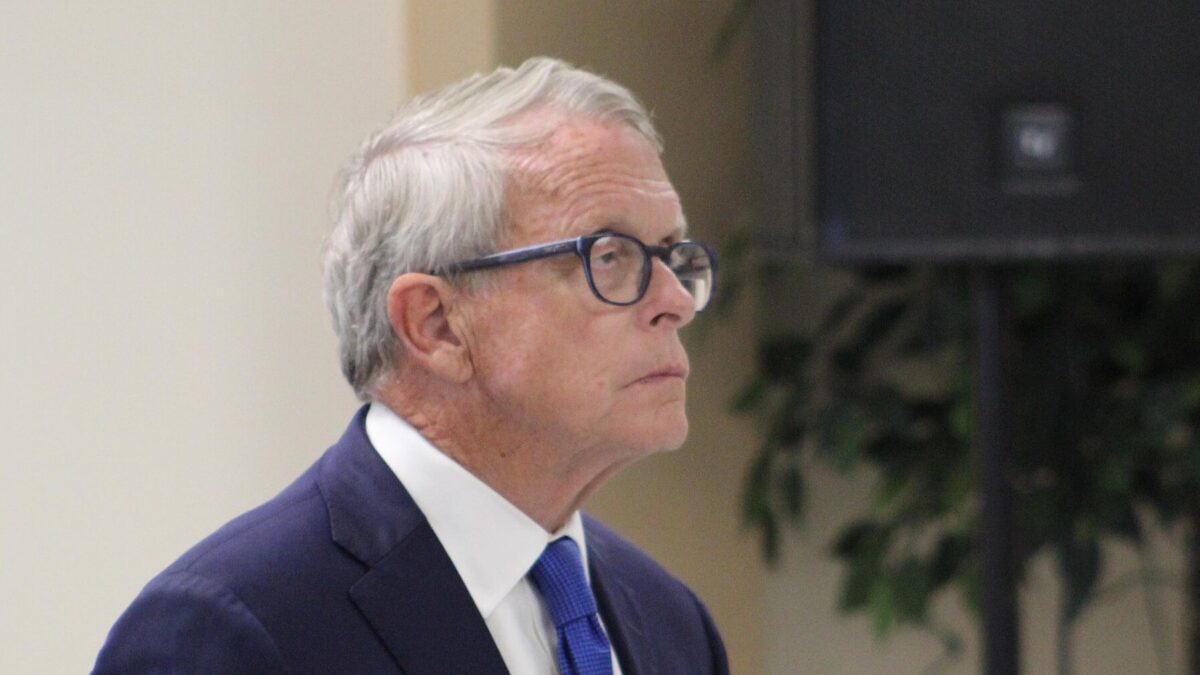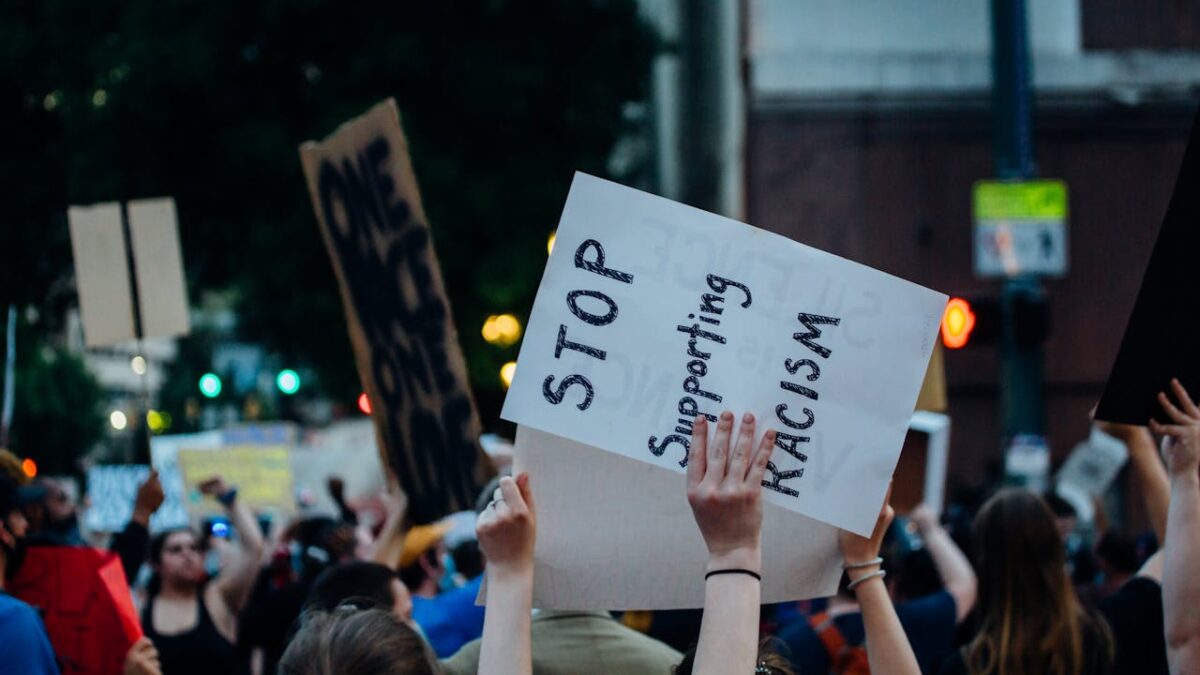Let us set aside the great summations on what this election means, for us and for the world, for tomorrow. Instead, today let us appreciate the great opportunity we have to vote for our leaders, a right that three centuries ago was nothing but a dream. Appreciate that this was a right earned in blood. It took sacrifice to gain it and to protect it. And whether you use that right today to voice your beliefs or as a hedge against what you view as a danger or if you merely stand in line to throw it away for a selfie and a sticker, it is your right because your ancestors and the ancestors of others earned it, and not without cost.
Alexis de Tocqueville once described the girls of America as young rebels who kept their heads: “It is easy to see that, even in the freedom of early youth, an American girl never quite loses control of herself; she enjoys all permitted pleasures without losing her head about any of them, and her reason never lets the reins go, though it may often seem to let them flap.” We occasionally let the reins flap in this country, trying out new and fanciful approaches to politics, elevating people who have no business in it. But we do that because we are not scared of the new and the untried, or settled permanently on the old and tried. We are a young country in the grand scheme of things, and we are still on some level finding ourselves in this great experiment in representative democracy.
We are undergoing a transition now. The old order is breaking down, and the post-war left-right politics of the nation is vanishing, to be replaced by something new. That is dangerous for those who have relied for half a century or more on that order and what it meant, for both parties and for the class that runs the country. It is also risky for the people to engage in such disruption. But that is what happens when people who do not normally participate in primary elections begin to do so, and voice their views regardless of their levels of education or their understanding of history. In this place, all are equal. Their view is just as valid at the ballot box as the view of someone versed in every aspect of our politics. And that, frustrating as it may be for the elite class used to being listened too and heeded as gatekeepers, is a very good thing about us.
My goodness pic.twitter.com/BF3vzVAxHx
— Deadspin (@Deadspin) November 8, 2016
As Richard John Neuhaus put it:
Why do we want everybody to work and everybody to participate? Because it is premised upon not just a vacuous notion of freedom, but a very deep respect for what John Paul II calls the subjectivity of society – the sheer magnificent diversity of human beings, when they are free, to imagine and to love and to associate. Tocqueville, when he came in the 1830s, saw in America the future of the world – not without some shadowed aspects, very deeply shadowed – but he saw a promise of a new way. And we, for better or for worse, and all undeserving on our part, represent that Tocquevillian possibility for the human project.
That is why you should vote. It signifies that you are not indifferent to the country or our future. It is a sign that you want to be heard.
